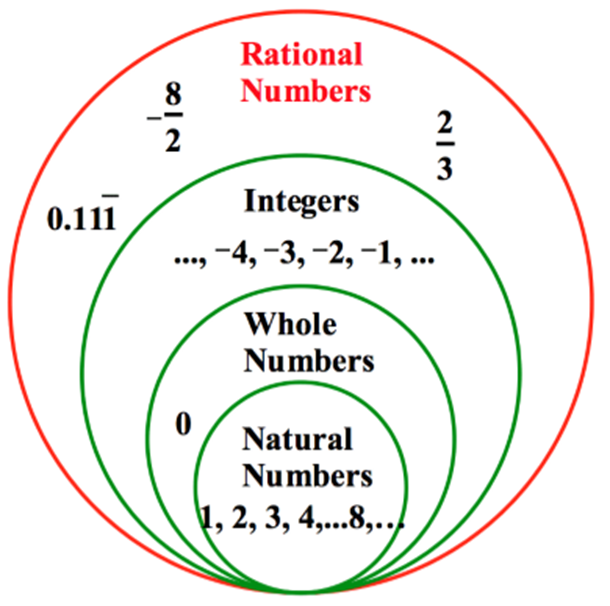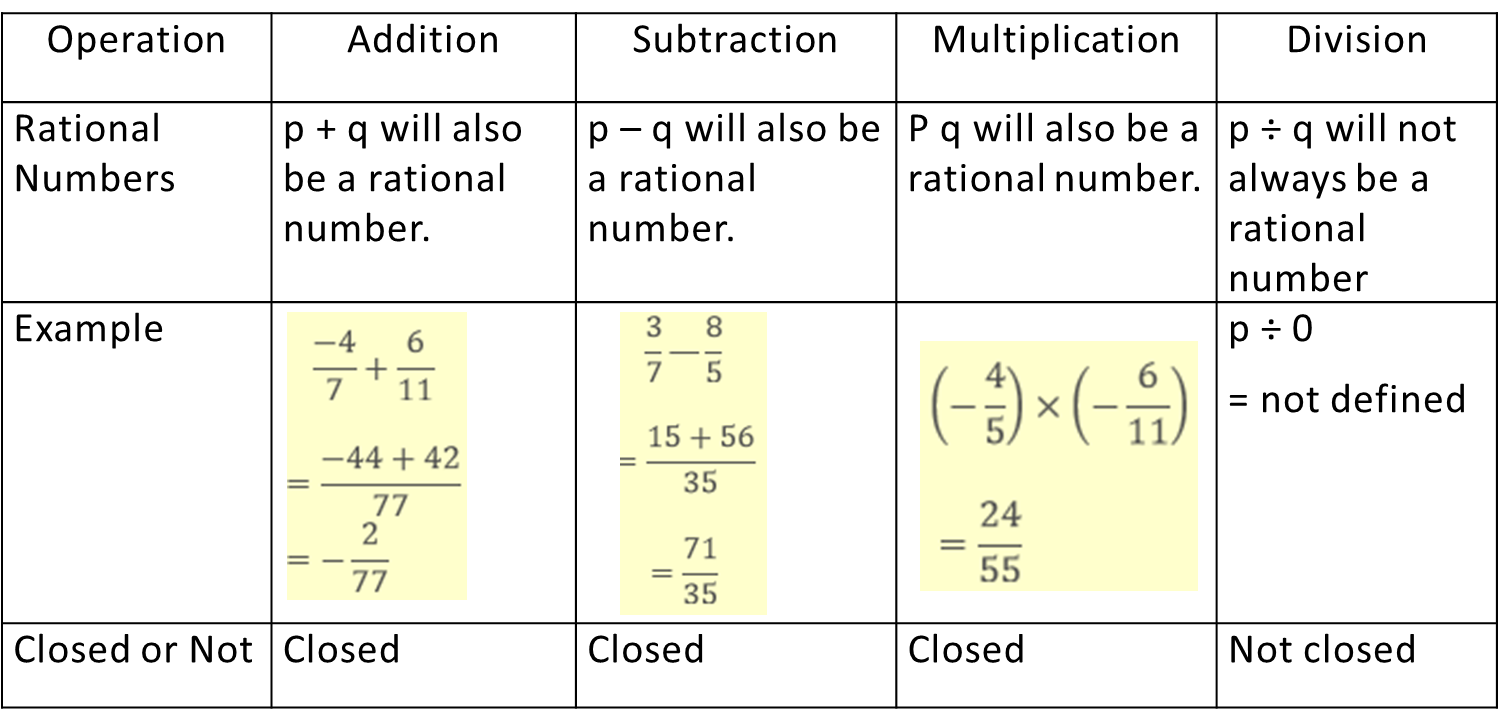- Books Name
- Sagar Daksh Mathematics Book
- Publication
- Carrier Point
- Course
- CBSE Class 8
- Subject
- Mathmatics
{pulkit@kaysonseducation.co.in}
Mathematics > Chapter 1 Rational Numbers > Introduction
Notes by Teacher Account : sudhanshu@kaysosneducation.co.in
- Books Name
- Mr. Sudhanshu Sharma Mathematics Book
- Publication
- Success Academy
- Course
- CBSE Class 8
- Subject
- Mathmatics
Alpha beta classes
sudhanshu@kaysonseducation.co
sudhanshu@kaysonseducation.co/ by publisher
Established in 2009, Our flagship 'IIT JEE Online Preparation Course' has been growing rapidly and thousands of students across India take its advantage every year.Ours unique strategy for JEE Mains ans Advanced preparations works seamlessly and simultaneously on these levels.IIT JEE Video Lectures DVD's, IIT JEE Notes, IIT JEE Question Bank, IIT JEE Test Series and Doubt Clearing
- Books Name
- class 8 th Mathematics Book
- Publication
- ReginaTagebücher
- Course
- CBSE Class 8
- Subject
- Mathmatics
Rational Numbers
Properties of rational number
Introduction to rational numbers,
Rational Numbers
A number is called Rational if it can be expressed in the form p/ q where p and q are integers (q> 0). It includes all natural, whole number, and integers.
Case1/2, 4/3, 5/7, 1 etc.

Natural Numbers - All the positive integers from 1, 2, 3,, ∞.
Whole Numbers - All the natural numbers including zero are called Whole Numbers.
Integers - All negative and positive numbers including zero are called Integers.
Closure property,
Closure- Rational numbers are closed under addition, subtraction and multiplication. For eg.- If p and q are any two rational numbers, then and the sum, difference and product of these rational numbers is also a rational number. This is known as the closure law

Commutative property,
Commutativity- Rational numbers are commutative under addition and multiplication. If p and q are two rational numbers, then:
Commutative law under addition says- p + q = q + p.
Commutative law under multiplication says p x q = q x p.



Note- Rational numbers, integers and whole numbers are commutative under addition and multiplication. Rational numbers, integers and whole numbers are non commutative under subtraction and division.
Associativity property,
▪ Associativity- Rational numbers are associative under addition and multiplication. If a, b, c are rational numbers, then:
Associative property under addition: p + (q + r) = (p + q) + r
Associative property under multiplication: p(qr) = (pq)r


The role of 0 and 1
Role of zero and one- 0 is the additive identity for rational numbers. 1 is the multiplicative identity for rational numbers.
Zero is the additive identity for whole numbers, integers and rational numbers.


▪ Multiplicative inverse- If the product of two rational numbers is 1, then they are called multiplicative inverse of each other.
Eg. 4/9 * 9/4 = 1

 Carrier Point
Carrier Point
 Success Academy
Success Academy
 ReginaTagebücher
ReginaTagebücher
